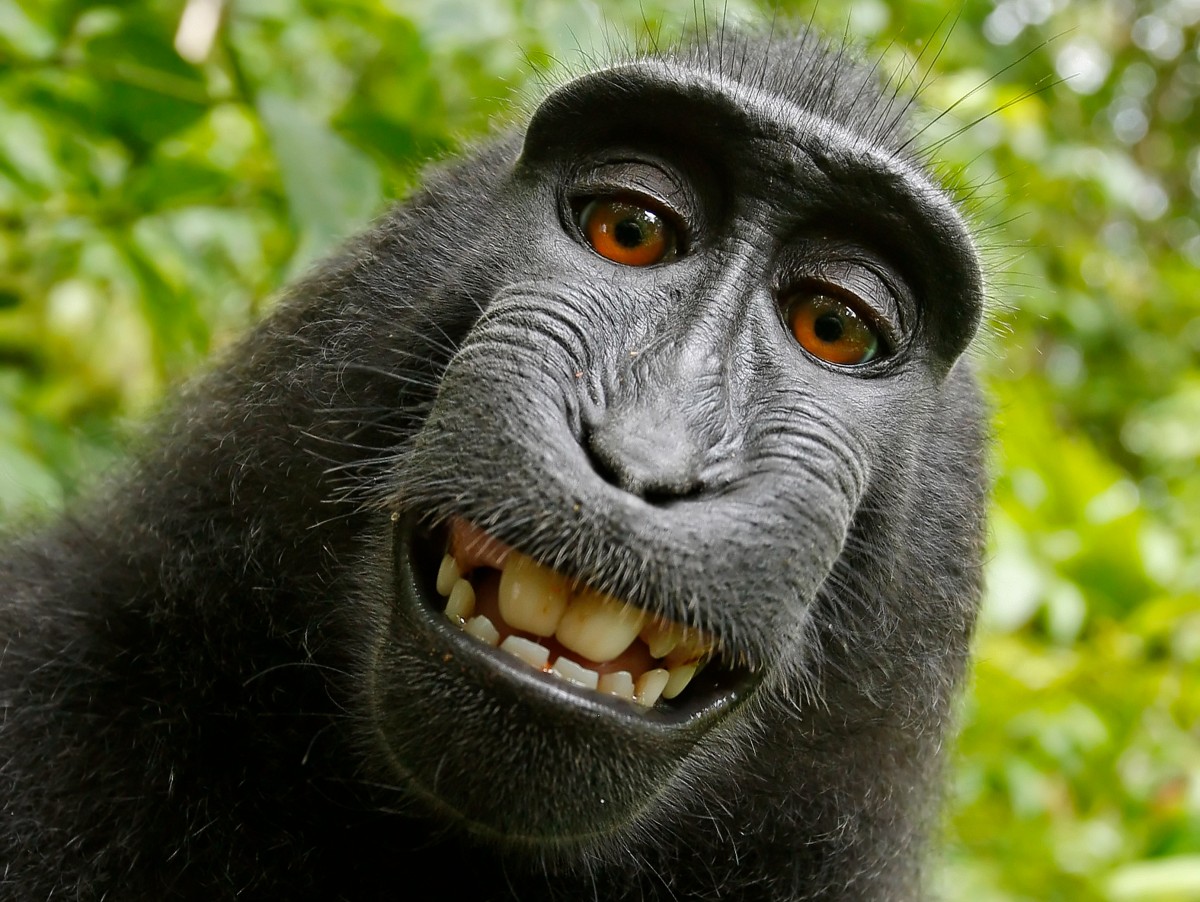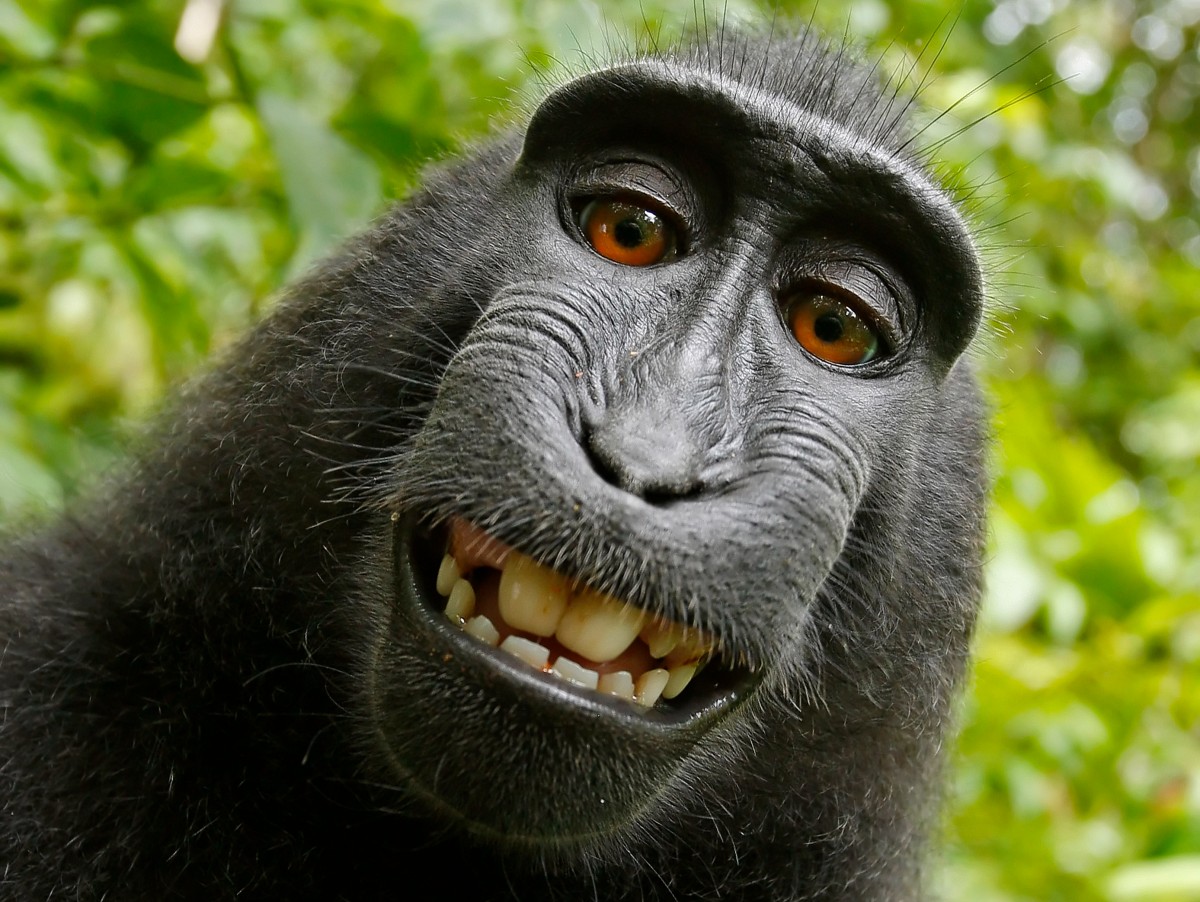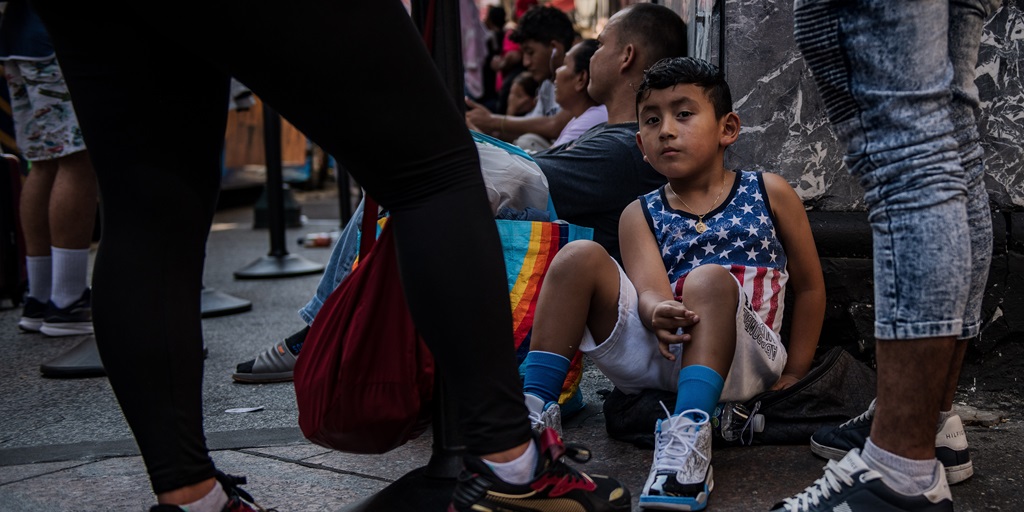
I really don’t genuinely care if an artificial intelligence technique named Skynet requires over the globe like it did in Terminator. Nevertheless, I do have a dilemma with the increase in AI “art” and what it usually means for human artists. There’s a guy trying to make dollars off of an AI-generated children’s reserve. A true-environment significant guide publisher is trying to use AI protect art for an forthcoming novel. If that was not lousy adequate, these AI monsters are trying to come immediately after our fanfiction. I’m telling you now, that is a line you do not cross.
Are we doomed to be flooded with unusual AI artwork creations with no lawful recourse? Previously this calendar year, the tide seemed to be going that way when the U.S. Copyright Business office gave copyright protections to a author who made use of AI-generated artwork in their comedian book. Now the Copyright Office is reviewing the decision since the law states: “To qualify as a get the job done of ‘authorship’ a perform should be designed by a human currently being. Is effective that do not fulfill this necessity are not copyrightable.” It seems like we could presently have a legislation in location to fight the evil AI artist—and we have a monkey named Naruto to thank for it.
A selfie that actually did some thing great
In 2015, Persons for the Moral Treatment method of Animals (PETA) sued photographer David Slater on behalf of a monkey named “Naruto.” PETA claimed Slater was profiting unfairly off of the inventive perform of Naruto. Decades in advance of the lawsuit, Slater experienced frequented Indonesia in which he took pics of endangered Celebes crested macaques. At one particular stage, the monkeys received a keep of his digicam and “took selfies” prior to Slater could get it back. Some of the ensuing selfies—including a near-up photograph of a smiling Naruto—Slater opted to sell to many publishing retailers.
PETA argued that the copyright of the pics (and any income manufactured from them) must belong to Naruto and the other crested macaques instead of Slater. In 2016, a U.S. judge ruled that the copyright law did not go over non-human entities and dismissed the circumstance. The Copyright Office’s legislation, revised in 2014, say it does “not sign-up functions generated by ‘nature, animals, or vegetation.”” Mainly, the accepted legal standpoint is this: human authorship is important to generating lawful copyright.
With that proven, the U.S. Copyright Office environment has used this as a precedent to avert any AI-created is effective from currently being copyrighted. Another person could prompt and even market the AI-generated artwork, but they cannot legally reserve sole legal rights to the operates. All AI art would then be regarded as general public domain for any individual to use in whatever way they please. So, when you assume of all these crypto bros who can not make money off of AI-produced art, try to remember to thank a monkey for the joy you experience.
(highlighted graphic: Community Area / taken by a monkey)
—The Mary Sue has a strict comment policy that forbids, but is not constrained to, own insults toward anybody, despise speech, and trolling.—
Have a tip we should know? [email protected]






More Stories
WestJet strike: Tips for refunds on Metro Vancouver flights
The US supreme court just basically legalized bribery | Moira Donegan
What’s Next for Healthcare Employers After Chevron Overturned? 5 Practical Tips | Fisher Phillips